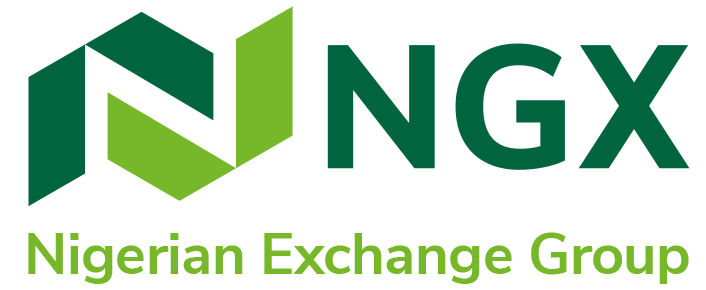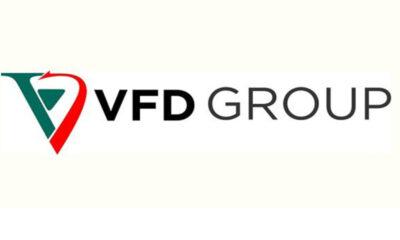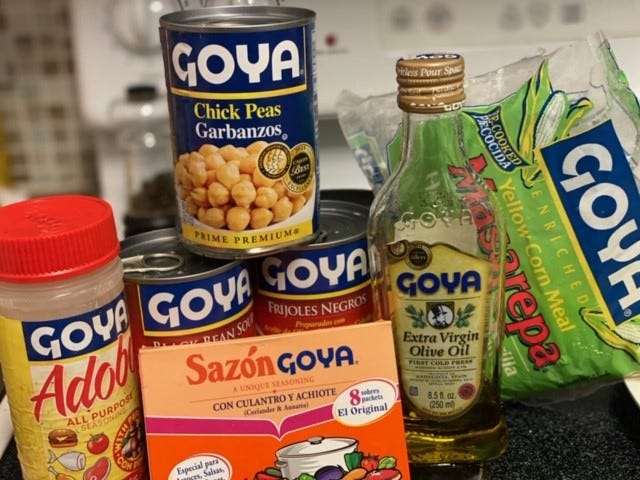The retail transactions on the Nigerian Exchange Limited (NGX) declined by 54.89% in April to N100.77 billion from N223.37 billion in March.
This significant drop was revealed in the latest Domestic and Foreign Portfolio Investment Report released by the NGX.
The report highlighted that while retail transactions took a substantial hit, institutional transactions also saw a decrease, albeit less severe.
Institutional trading fell by 43.58% to N124.63 billion in April but still outperformed retail activity by a margin of 10%.
Overall, the total value of transactions executed by domestic investors continued to surpass those by foreign investors by approximately 30% in April.
However, the combined domestic transactions saw a steep decline of 49.27%, dropping from N444.28 billion in March to N225.40 billion in April.
Conversely, foreign transactions painted a more positive picture, increasing by 28.19% from N94.26 billion (approximately $70.83 million) in March to N120.83 billion (approximately $90.83 million) in April.
This surge in foreign investment activity provided a somewhat balanced view of the overall market dynamics.
Despite the month-on-month decrease, the total domestic and foreign portfolio transactions in Nigeria’s equity market amounted to N346.23 billion in April, marking a 35.71% decline compared to the N538.54 billion recorded in March.
However, the April figures still reflected a robust year-on-year growth of 81.07%, up from N191.21 billion in April of the previous year, indicating a positive trend in market activity over the longer term.
The report attributed the sharp decline in retail transactions to various market conditions and investor sentiments.
Analysts suggest that the decrease may be linked to economic uncertainties and a cautious approach adopted by retail investors in light of recent market volatilities.
Furthermore, the detailed analysis revealed that domestic investors were the primary drivers of the market, contributing N225.40 billion in April.
This trend underscores the continued dominance of local players in the Nigerian capital market.
Meanwhile, the NGX opened the new week on a slightly positive note, gaining 0.3% to reach 97,864.65 points after suffering three consecutive losses in the previous week.
The market’s year-to-date return improved marginally to 30.9% from the 30.5% recorded at the close of last week, suggesting a resilient market performance despite the recent fluctuations.
In related news, the NGX may sanction 47 companies over delayed audited reports, signaling a crackdown on non-compliance to maintain market integrity.
Also, the Federal Government listed N4.21 billion in April bonds on the NGX, contributing to the overall market activities.
While the drop in retail transactions is a cause for concern, market experts remain cautiously optimistic about the long-term prospects of the Nigerian Exchange.
They emphasize the need for strategic interventions to boost investor confidence and stabilize market activities in the coming months.


 Billionaire Watch2 weeks ago
Billionaire Watch2 weeks ago
 Startups4 weeks ago
Startups4 weeks ago
 News4 weeks ago
News4 weeks ago
 News4 weeks ago
News4 weeks ago
 Bitcoin4 weeks ago
Bitcoin4 weeks ago
 Naira4 weeks ago
Naira4 weeks ago
 Forex3 weeks ago
Forex3 weeks ago
 Treasury Bills4 weeks ago
Treasury Bills4 weeks ago
























